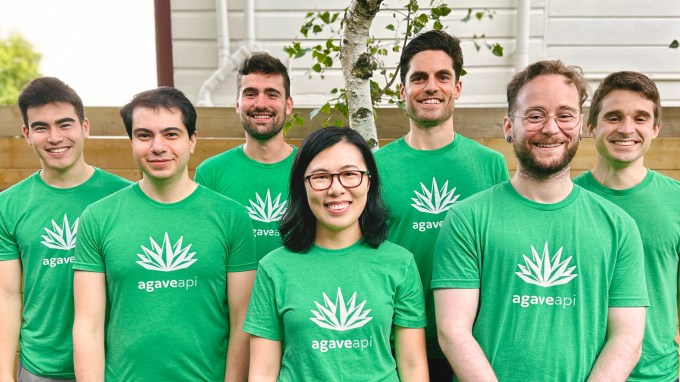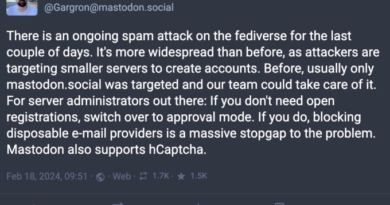Accel-backed Agave lets construction software talk to one another
A lot of the most popular construction software was developed 20 to 40 years ago and many systems don’t talk to each other. As a result, the information stored in them is fragmented, adding extra work for building teams. Agave, a member of Y Combinator’s latest batch, is helping with a unified API that connects with more than 30 software systems. The startup announced it has raised a $2.9 million seed round led by Accel.
Agave’s four co-founders—Tom Reno, John Zucchi, Pooria Azimi and Samantha Zhang—met at Graphiq, the data analysis and search engine startup that was acquired by Amazon in 2017, and have worked together for almost a decade.
Reno told TechCrunch that one of the first times they encountered the construction industry was while working on an internal skunkworks project at Graphiq for Procore, the publicly-listed construction management software company (and now one of Agave’s customers). It involved building a natural search language tool to embed within Procore to help its users. But the team didn’t get to release it publicly until after Amazon acquired Graphiq.
While at Amazon, the four focused on building out their product for Alexa, including its question and answer capabilities. After five years, they left to start Agave, which combines what they learned while working with Procore with their experience at Amazon.
After talking to people in the construction industry, including software developers, Procore and Autodesk users, and foreman and superintendents on job sites, the team realized that one of the most frequent pain points mentioned was that construction software systems don’t communicate, which means data has to be manually transferred between different applications.
“That signaled an opportunity and based on our experience building thousands of data integrations at Amazon Alexa, we thought it seemed like a pretty good fit for our skill set,” said Reno. “Let’s attack that problem and solve it for both groups of people.”

Agave’s team
Agave currently connects with 33 software systems and has 950 endpoints on its API. It connects systems in three categories: cloud-based software like Procore, hosted systems like Viewpoint Vista and ERP accounting tools, and on-prem solutions like Sage 100 Contractor and Sage 300 CRE. Some of them, like Sage 300 CRE and Sage 100 Contractor, Viewpoint Vista and COINS Global, were built decades ago, but are still widely used in North America’s construction industry.
One of Agave’s customers is Beam Payments, which uses its API to read invoices from accounting systems, and then registers payments against them after they have been processed through the software. Another example of how Agave’s API can be used is reading vendor information from ERPs to verify insurance certificates before working with subcontractors to install electrical wiring in a building or lay rebar on mixed use property. It can also handle use cases like time tracking, payroll and expense management, procurement and purchasing and equipment tracking.
Another benefit of Agave’s API is providing users with real-time analytics. One example is showing daily logs, like worker counts and total hours across different projects. Another is showing RFIs (requests for information), or documents that can impact the status of a project. This is important because if an RFI is delayed, it can impact milestones, tasks and activities in a schedule. Agave can blend information from an RFI and adjust forecasts so people know the potential impact on their project and what areas they need to focus on.
Agave competes against three main categories. The first is in-house teams, or construction companies that have software developers working on their own integrations. The second is generic infrastructure platform-as-a-service bypass systems—for example, companies using generic platforms like Workato or Boomi to build integrations. The final category are industry tools that help companies integrate with single systems, and are patched together to cover all their integrations.
Reno said Agave has an edge over in-house teams because it gives companies immediate access to systems that are partnered with Agave, and its API. Agave also benefits from its team’s domain knowledge, since they have spent a lot of time understanding the nuances and complexities of industry jargon and working directly with each system that integrates into its API, he added.
“The analogy I like to use is that we’re building the highway system of construction technology,” Reno said. “We’re building the core infrastructure that allows data to move between systems. Once that’s built, it doesn’t make sense for another company to try to do that, because there’s no other second or third highway system. There’s one highway system with a single standard, so that’s why we’re very open and transparent with what we’re building.”
Agave now has 65 customers and has quadrupled its revenue year-over-year. Its funding will be used to hire new software engineers and continue adding new integrations, including new systems and endpoints. It will also be used to scale Agave’s operations.




